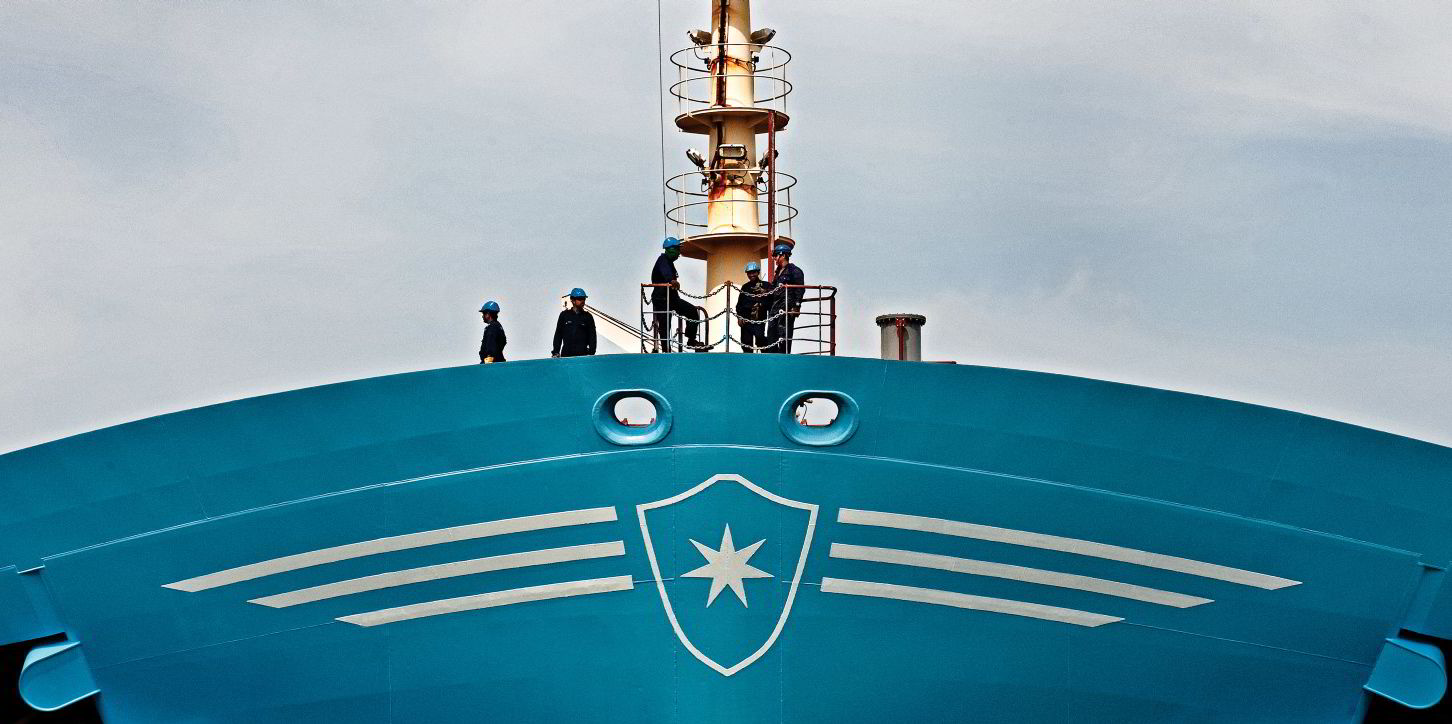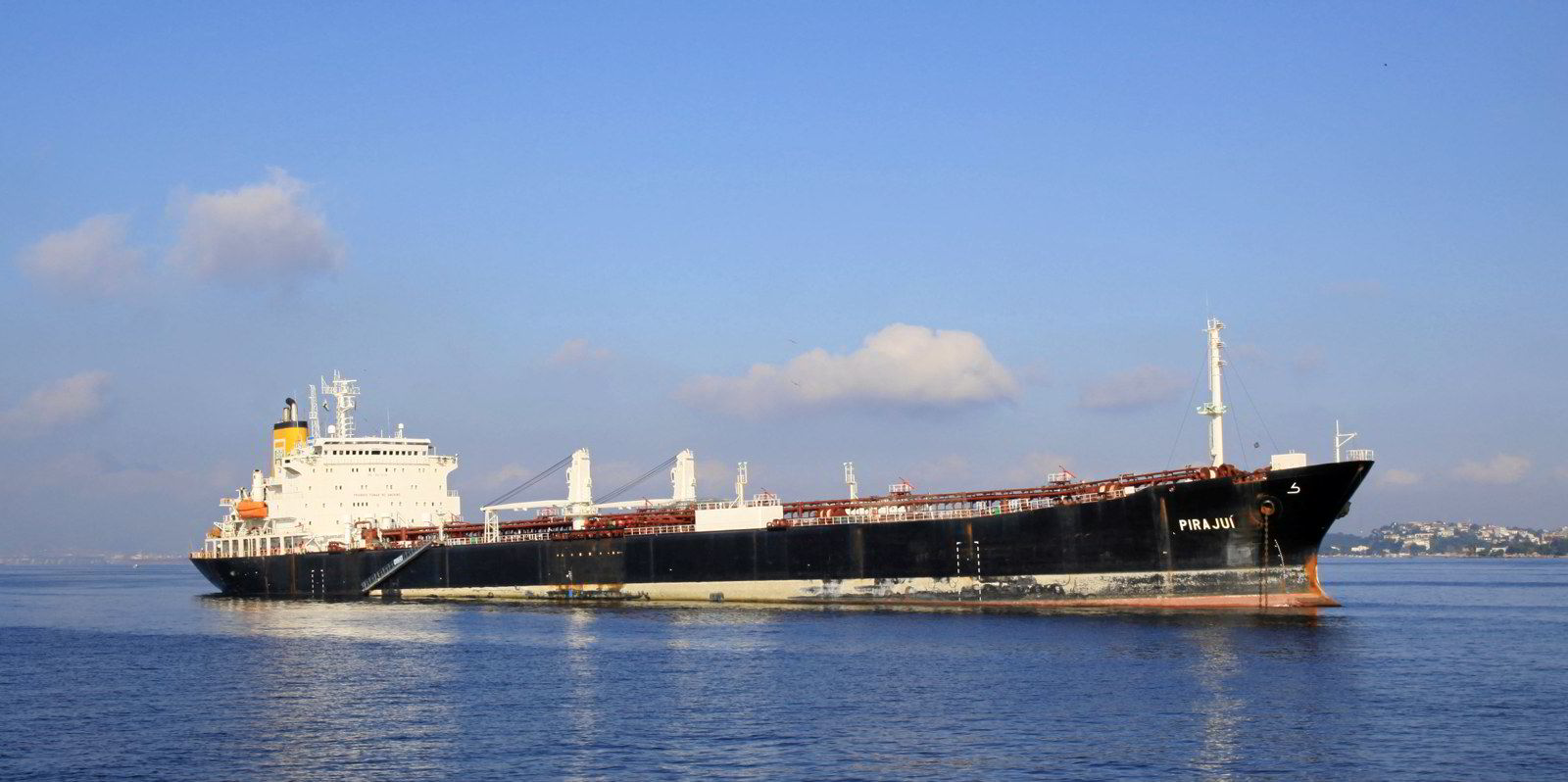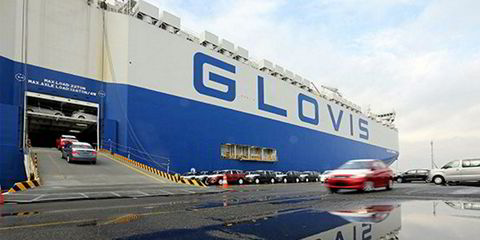Brazil's Congress has approved a bill allowing overseas vessels to operate along its 8,000 km of coastline without building ships in domestic shipyards.
Business News Americas reported the measure is likely to increase the attractiveness of port assets that the government wants to auction.
The new legislation would open up cabotage trade, if it can get through a vote in the upper house, the Senate, for which a date has not yet been set.
The government praised the lower house approval.
In a statement, infrastructure minister Tarcisio Gomes de Freitas said: "We have very few vessels operating on the Brazilian coast through cabotage.
"The bill introduces new rules for the chartering of vessels so the number of vessels operating along the coast can increase by about 40%."
The minister added that the state wants to increase the volume of containers transported via cabotage per year from 1.2m to 2m in 2022.
Cabotage represents only 11% of port cargo handled, and with the new rules it is expected to rise to 30%, according to the ministry.
The International Law Office (ILO) website said earlier this year that the move is a major reform.
Long-planned move
Since the general strike of truck drivers in 2018, which shut down the Brazilian logistics system and had a major effect on the economy, the ministry has been studying how to reduce Brazilian domestic trade's dependency on land transport and develop the use of shipping.
Previously, chartered-in ships flying foreign flags were only allowed to take business if no domestic vessels were available.
Two-thirds of crew members for all vessels should be Brazilian, regardless of where the vessel is registered.
The ILO pointed out that this rule has been one of the key points of discussion, as the requirement introduces legal uncertainty over whether foreign labour laws would apply to such seafarers.
Concerns over costs
There is concern that costs won't be reduced if foreign labour laws are impossible to implement.
The need to demonstrate Brazilian tonnage in a fleet or contract for vessel construction with a Brazilian shipyard will be removed and the number of vessels allowed to be admitted by Brazilian shipping companies will be gradually increased.
This means one in 2020, two in 2021 and three in 2022, until 2023, when these criteria will end and admission will be free.
Another innovation that the bill would introduce is the concept of Brazilian investment shipping companies.
New owning companies
These will own the ships and charter them out to others, without the need to be engaged in shipping operations.
The main purpose of this new legal entity seems to be to provide greater security to financiers, which will own assets and be able to enforce their credit with more efficiency, the ILO said.
The website added: "It is important to highlight that after the approval and enactment of the law, several normative acts and regulations will need to be passed for it to come fully into force."







